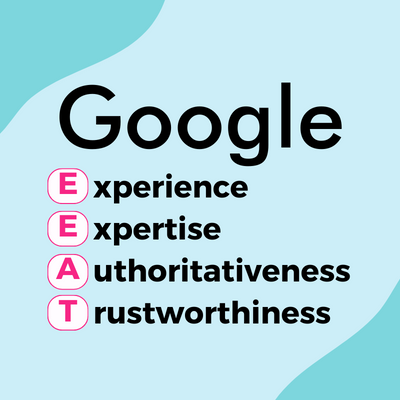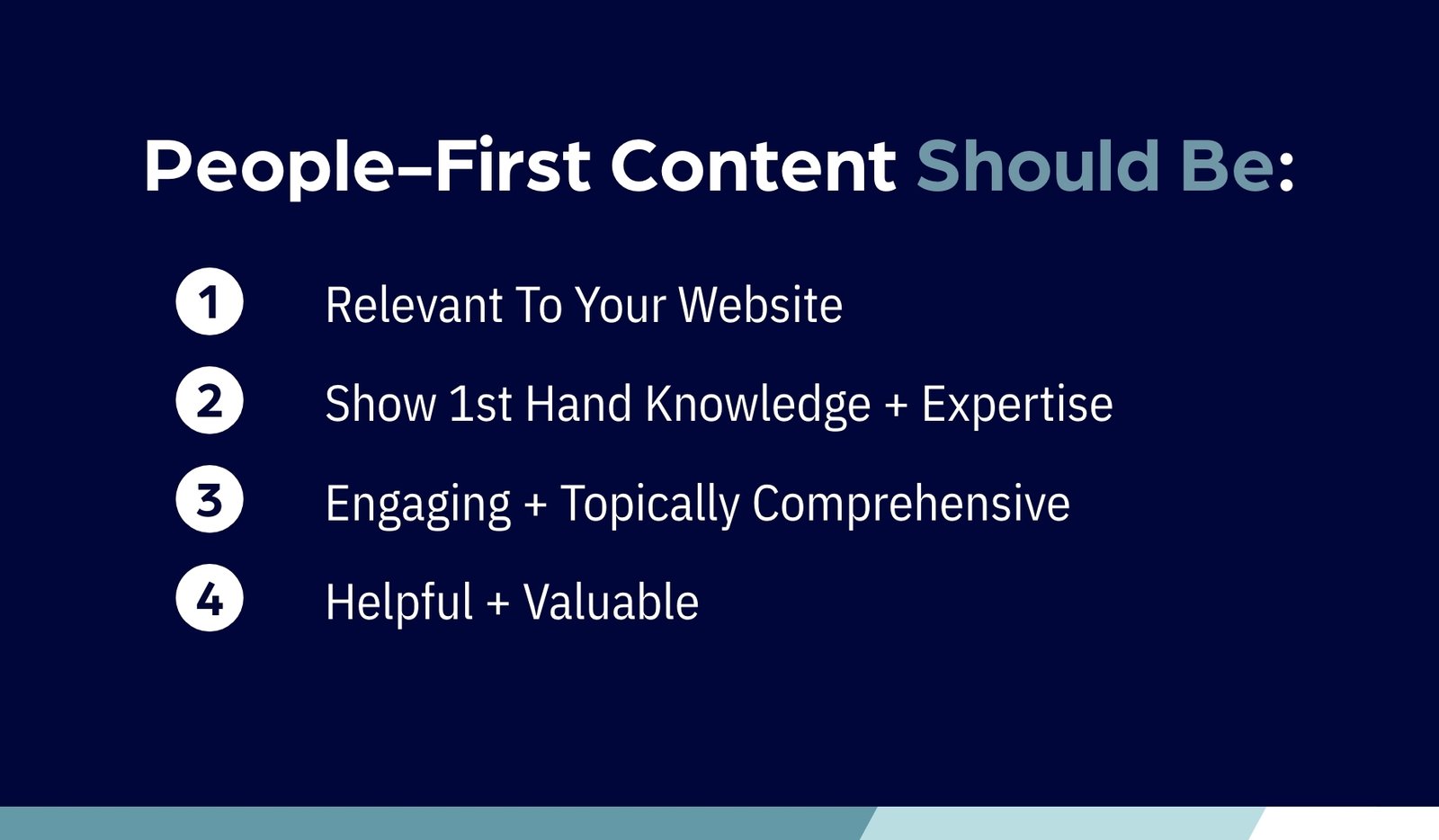Google’s automated ranking systems are specifically designed to prioritize presenting information that is helpful and reliable, with a primary focus on benefiting users rather than solely achieving higher search engine rankings. The purpose of this page is to assist People First content creators in evaluating whether their content meets these criteria.
Self assess your content
To assess the helpfulness and reliability of your own content, it is recommended to ask yourself a series of questions. Additionally, consider seeking feedback from individuals you trust, who are not affiliated with your website, to provide an unbiased evaluation.
It is also important to conduct an audit of any drops in rankings that you may have experienced. Analyze which pages were most affected and the types of searches they were impacted by. By closely examining these pages, you can gain insights into how they are evaluated based on the questions outlined here.
Content and quality questions
When evaluating your content, consider the following questions related to its quality and substance.
Does it offer original information, reporting, research, or analysis?
Does it provide a comprehensive and detailed description of the topic?
Does it offer insightful analysis or present interesting information beyond the obvious?
If the content references other sources, does it go beyond mere copying or rewriting and provide additional value and originality?
Does the main heading or page title accurately summarize the content in a helpful manner?
Does it avoid using exaggerated or shocking language?
Would you personally bookmark, share, or recommend this page to others?
Would you expect to find this content in a printed magazine, encyclopedia, or book?
Does the content offer substantial value compared to other search results?
Are there any spelling or stylistic issues in the content?
Is the content well-produced or does it appear rushed and sloppy?
Is the content mass-produced by or outsourced to a large number of creators, or spread across a large network of sites, so that individual pages or sites don’t get as much attention or care?
Expertise questions:
- Does the content provide information in a manner that instills trust, such as by clearly citing sources, showcasing the expertise involved, or providing background information about the author or publishing site through links to an author page or an About page?
- If someone were to research the site responsible for producing the content, would they perceive it as trustworthy or widely recognized as an authority on its subject matter?
- Is the content written or reviewed by an expert or enthusiast who clearly possesses a deep understanding of the topic?
- Are there any easily verifiable factual errors present in the content?
Provide a great page experience
To ensure success with Google’s core ranking systems, site owners should focus on providing a great page experience. Rather than concentrating on just one or two aspects of page experience, it is crucial to evaluate if the overall user experience is exceptional across multiple dimensions. For more guidance on this, refer to our page titled “Understanding page experience in Google Search results.”
Focus on people first content
When creating content, prioritize a people-first approach. People-first content is content that is primarily designed for human readers rather than solely aiming to manipulate search engine rankings. To determine if you are creating people-first content, consider the following questions. Answering yes to these questions indicates that you are likely adopting a people-first approach:
Do you have an existing or intended audience for your business or website who would find the content valuable if they accessed it directly?
Does your content clearly showcase firsthand expertise and a comprehensive understanding of the subject matter? This expertise can be derived from personal experience using a product or service or from visiting a particular location.
Does your website have a primary purpose or focus?
Remember to address these expertise questions to ensure the credibility and trustworthiness of your content.
Will readers of your content feel like they’ve gained enough knowledge to achieve their goals? Or will they walk away feeling satisfied with their experience?
Avoid creating content solely for search engines
To succeed with Google Search, it’s important to prioritize creating content for people rather than solely for search engine rankings. If you answer “yes” to any of the following questions, it’s a sign that you should reassess your content creation strategy:
– Is your content primarily designed to attract search engine visits?
– Are you producing a large volume of content on various topics in the hopes that some of it will perform well in search results?
– Do you heavily rely on automation to generate content on multiple subjects?
– Are you mainly summarizing others’ opinions without adding substantial value?
– Are you writing about trending topics just for the sake of it, rather than catering to your existing audience’s interests?
– Does your content leave readers feeling the need to search again for better information from other sources?
– Are you writing to meet a specific word count because you believe Google prefers it? (Hint: they don’t.)
– Did you venture into a niche topic without genuine expertise, solely for the purpose of gaining search traffic?
– Does your content promise to answer a question that actually has no answer, such as speculating on release dates for products, movies, or TV shows?
– Are you manipulating page dates to make them appear fresh, even when the content hasn’t significantly changed?
– Are you adding or removing content primarily to boost your search rankings by creating a false sense of freshness? (Spoiler: it won’t work)
Remember, prioritize creating valuable content for your audience rather than solely focusing on search engine optimization.
 What about SEO? Isn’t that search engine first?
What about SEO? Isn’t that search engine first?
SEO is all about optimizing your content for search engines to better discover and understand it. Google’s SEO guide provides best practices for this. However, it’s important to focus on creating content for people first, rather than just for search engines.
Learn about E-E-A-T and the quality rater guidelines
Google’s systems use various factors to rank content, with trust being the most crucial. While content doesn’t need to demonstrate all aspects of E-A-T (experience, expertise, authoritativeness, and trustworthiness), having a mix of these factors is beneficial.
Although E-A-T isn’t a specific ranking factor, it’s essential to create content that aligns with strong E-A-T, especially for topics that impact people’s health, finances, safety, or society’s well-being. Search quality raters help evaluate if our algorithms are providing good results, focusing on content with strong E-A-T.




